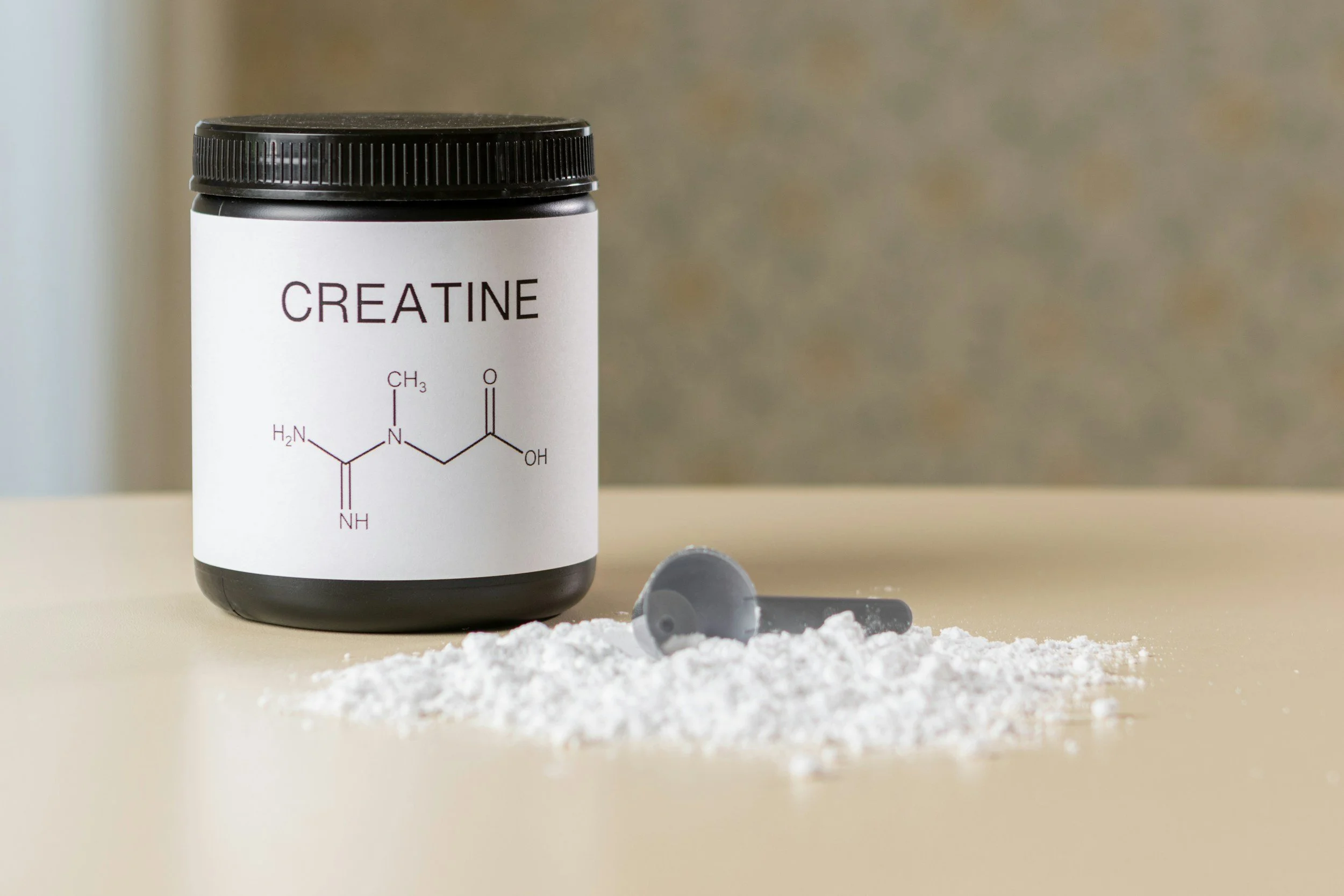Endometriosis is a complex medical condition affecting millions of women and people assigned female at birth (AFAB) worldwide. It’s not just a “bad period,” as it’s sometimes mischaracterized—it’s a chronic disease that can significantly impact quality of life. This blog post explores what endometriosis is, the signs and symptoms to watch for, and how it develops in the body.
Read MoreEndometriosis is a chronic and often painful condition affecting millions of people worldwide. It occurs when tissue similar to the lining of the uterus (endometrium) grows outside the uterus, commonly on the ovaries, fallopian tubes, or the pelvic lining. This misplaced tissue behaves like normal uterine tissue—thickening, breaking down, and bleeding with each menstrual cycle—but has no way to exit the body, causing inflammation, pain, and scar tissue formation.
Read MoreDiscover the risks of environmental toxins on female hormones and practical tips to reduce exposure. Learn how to protect your hormonal health effectively.
Read MoreEstrogen plays a vital role in the body, regulating reproductive health, bone density, mood, and more. However, like any hormone, it needs to be carefully balanced. Too much estrogen, or an inefficient detoxification process, can lead to symptoms like bloating, mood swings, and increased risk of conditions such as endometriosis or certain cancers.
Estrogen detoxification is a natural process where the body metabolizes and eliminates excess or used estrogen. Understanding this process can empower you to make lifestyle choices that support your body’s natural hormone balance and overall health.
Read MoreDr. Simone Sturm (a functional medicine doctor specializing in women's health) discusses the benefits of creatine for perimenopausal and menopausal women in today's blog post.
Read MorePolycystic Ovary Syndrome (PCOS) is a common hormonal disorder affecting an estimated 10-20% of women of reproductive age worldwide. PCOS symptoms vary but often include irregular periods, weight gain, excess hair growth, acne, and infertility. One of the lesser-known aspects of PCOS, but a key component, is insulin resistance, which can significantly impact health and symptom management. Understanding the connection between PCOS and insulin resistance can empower women to make informed lifestyle changes that improve their quality of life and long-term health outcomes.
Read MoreWhen we think about hormone health, the gut may not be the first thing that comes to mind. However, emerging research has revealed a strong connection between our gut health and estrogen regulation, a hormone essential for many functions in the body.
Estrogen is not only responsible for sexual and reproductive health but also plays a role in bone density, heart health, mood, and even metabolism. Understanding the gut-estrogen link could help us improve overall wellness and prevent conditions tied to hormonal imbalances, including PMS, menopausal symptoms, and even certain types of cancer.
Read MoreAs we’ve mentioned in our previous blog posts, hormones are chemical messengers that tell your body what to do – and when to do it. Scientists have identified over 50 hormones in the human body, controlling a multitude of bodily processes.
DHEA is one of the hormones naturally produced in the adrenal glands. It functions as a precursor to male and female sex hormones – including testosterone and estrogen.
Read MoreHormones are chemical messengers that tell your body what to do and when to do it. Scientists have identified over 50 bodily hormones that control a multitude of bodily processes. However, there are two main female sex hormones: progesterone and estrogen. At the heart of it, they work together to regulate the body’s reproductive processes.
The primary role of progesterone is to regulate a woman’s menstrual cycle (in tandem with estrogen) and to support a healthy pregnancy. Keep reading for a better understanding of what progesterone does in the body, as well as an overview of healthy progesterone levels.
Read MoreEstrogen is a sex hormone necessary for both sexual and reproductive health. Learn what is estrogen – as well as signs that you have too little (or too much) of it.
Read More









